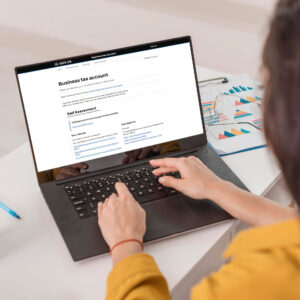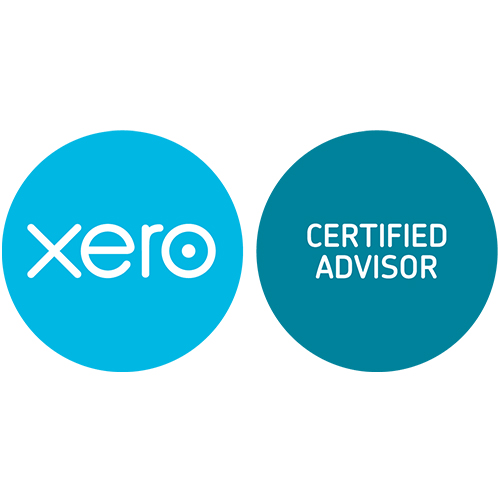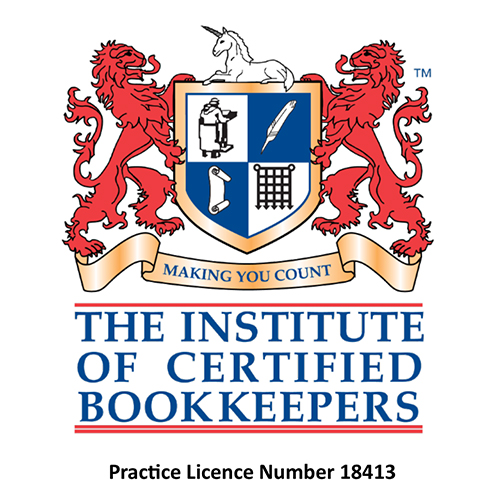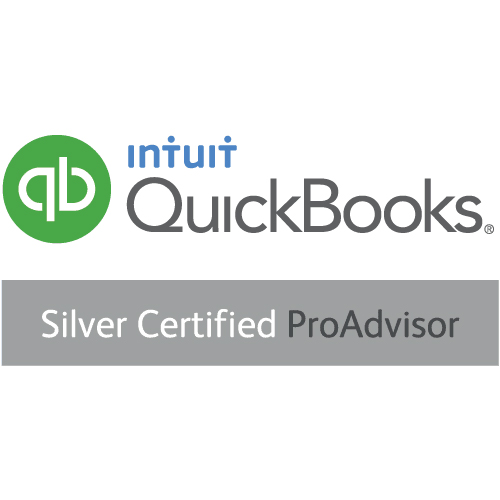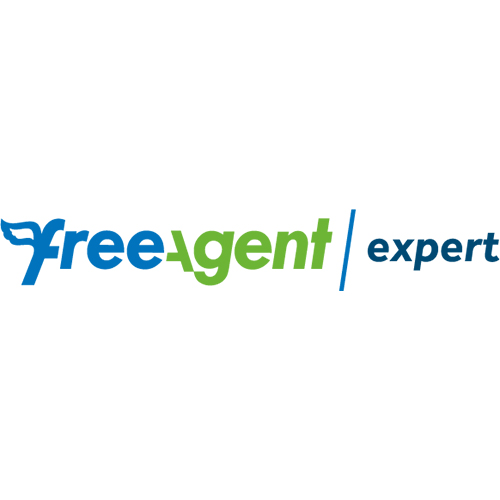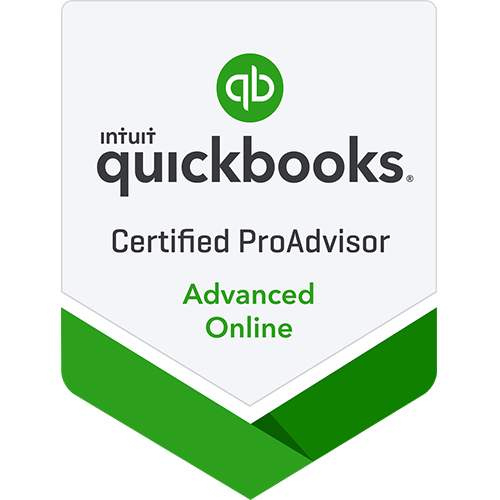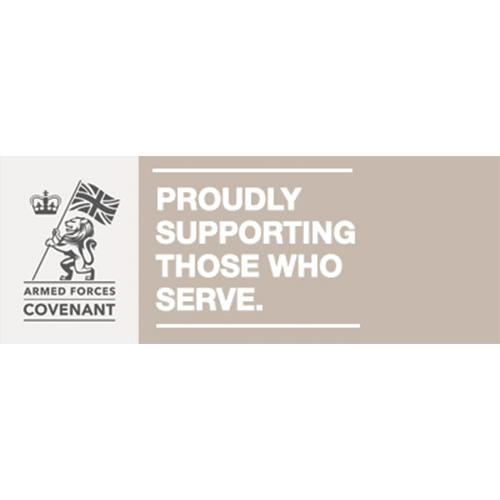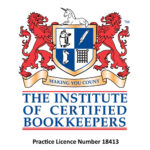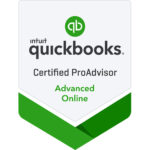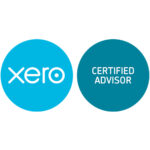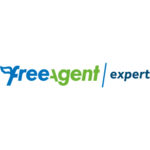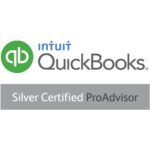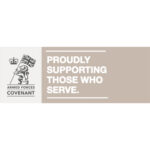When it comes to being a sole trader, there’s a lot to think about. It’s no wonder people get confused when it comes to the financial side of running their small business but we love helping people navigate their way through it.
In this blog we’re going to go through the most common allowable expenses sole-traders can claim.
Now, before we begin, we need to be clear, this blog is for sole traders. Limited companies and directors of limited companies have different rules so we’ll write a separate blog to cover them in the future.
Accounting methods
The accounting method you choose to use in your business will have an impact on how you process some of your expenses. If you’re not sure what method you use, or you want to find out more about cash vs traditional accounting, we recommend reading our blog on that topic first.
That being said, the general rule is if you’d normally use something for less than 2 years, this would be processed as an allowable expense, regardless of your accounting method. For example, postage supplies or stationery, things that don’t last long.
For equipment and items that have a longer lifespan e.g. a van or a computer, it depends on how you do your accounting as to how you handle these purchases.
What are allowable expenses?
Allowable expenses are things you have spent money on, which you can claim tax relief on and therefore offset against any profit you make in your business.
Allowable expenses are often referred to as tax-deductible because you deduct them from your income, before calculating your tax payment.
What can’t you claim
The most common purchase that freelancers and small businesses make but can’t claim as an allowable expense is coffee. No really. As a sole trader you cannot claim allowable expenses for any kind of business entertainment.
Yes, even if that’s only a £3 coffee that you bought a potential client, which actually seals the deal.
In a lot of cases food and drink is off limits when it comes to allowable expenses. The best thing to do if you’re not sure is to ask your accountant.
As a business, you should record all your expenses whether you can claim tax relief on them or not. As ultimately, regardless of tax implications, they are a cost associated with your business.
What can you claim?
In essence the costs you can claim as allowable expenses fall into these categories:
- Office & premises costs
- Travel
- Clothing
- Staff
- Stock & raw materials
- Professional fees
- Marketing & advertising
- Training

Office & Premises Costs
These can be split into two areas really, general office costs like stationery and the costs associated with actually running an office or workspace, such as electricity.
General office costs
HMRC classifies stationery as much more than just paper and envelopes. You can claim tax relief for purchases such as:
- Stationery – pens, paper, pencils etc
- Postage – the cost of packaging and Royal Mail/courier fees
- Printing – either professional printing or printer ink etc
- Computer software – from Office 365 to specialist software
- Phone, mobile & internet – if they’re used purely for business you can claim the full amount, if you also use them personally, it’s a bit more complex
Costs of running an office
Whether it’s a separate office or a room in your house, you can claim expenses relating to the cost of your working space including:
- Rent for business premises
- Business rates
- Water rates
- Gas & electricity bills
- Property insurance
- Security costs
Running a home office
If you run your business from home, you can either calculate the exact costs relating to the space or you can claim what’s called simplified expenses.
Calculating exact costs:
This can be quite a complex way of working out your home office expenses, as you can only claim a percentage of your bills based on the proportion of your home you use for work and for how long. FreeAgent have a great blog illustrating how to calculate this, if you’re interested in taking a look, you can read it here.
Simplified expenses:
The clue is in the title of this one, it’s simple. Simplified expenses are a set rate that HMRC come up with each year. For home working expenses it’s based on how many hours a week you work from home. It’s a simple calculation and providing you know how many hours a week you work from home, it’s quick to work out. You can check out the current rates on HMRC’s website.
Business premises
When it comes to buying or building business premises, the tax implications can be complex, we would recommend speaking to us for advice on your specific circumstances.

Travel
Sometimes when running a business, you get to travel (yay!) and when you do go out and about you can claim tax-deductible travel expenses for things like:
- vehicle insurance
- petrol
- parking
- train tickets
- bus tickets
- taxi journeys
- hotel stays when on business
- meals when on business overnight
When it comes to claiming expenses relating to a vehicle, you can use simplified expenses to claim for your mileage. Check the current flat rates for vehicle expenses here.
Alternatively, you can claim the actual costs associated with running the vehicle, but if you’re using it for both personal and business, you will need to work out the exact cost relating to the percentage of time you use the vehicle for business vs personal use.
If you have a vehicle purely for business use, e.g. a van, which you don’t use for personal use, in most cases you would be better off claiming the full running costs as a business expense.

Clothing
When it comes to claiming tax-deductible expenses for clothing, there are very strict rules on what you can and can’t claim.
You can only claim clothing as expenses for clothing which is vital for the work you are doing and is not being used for anything else, which includes:
- uniforms
- protective clothing needed for your work
- costumes for actors or entertainers
You cannot claim for general clothing, even if you wear it whilst running your business.

Staff
You can claim tax relief for costs relating to staffing your business, including outsourcing to freelancers, sub-contracting work, agency fees and even the pension and National Insurance contributions you make on behalf of your employees.
You cannot claim expenses for personal staff, for example carers, nannies and domestic help – even if those services allow you to run your business more effectively.
For the full list of allowable expenses relating to staff, we’ve provided a link at the end of the blog.
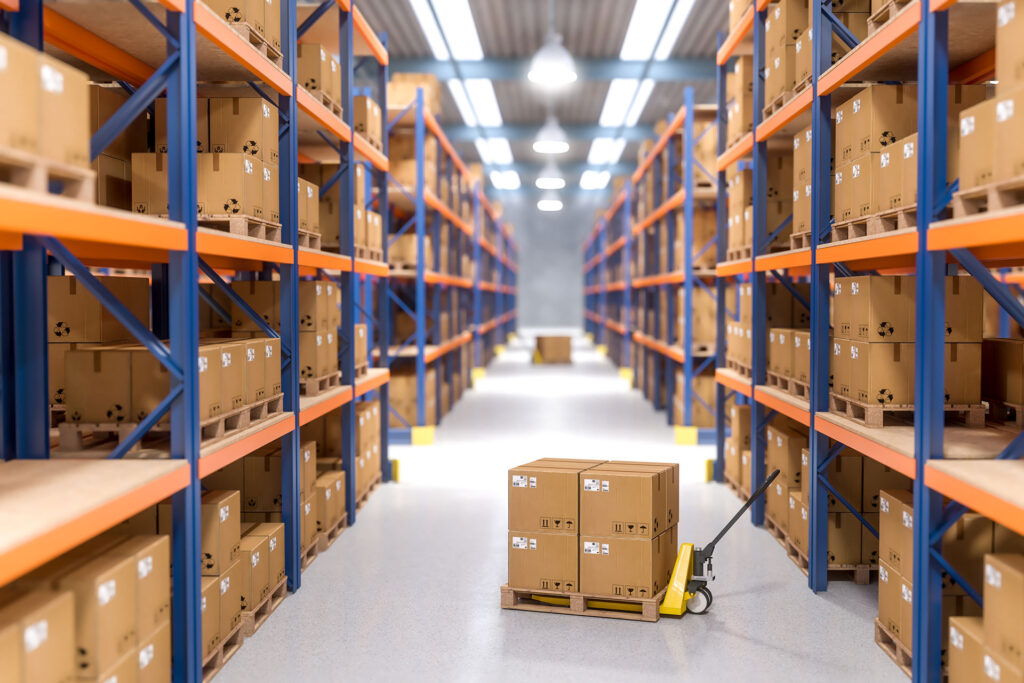
Stock & raw materials
If you run a business where you sell physical products, you can claim allowable expenses for the stock you purchase to sell on. You can also claim for raw materials and equipment you need to make products if you make your own.
For example: if you run a business selling badges and buy a badge making machine, you can claim for the cost of the machine as well as all the badge components you need to make the finished product.
When it comes to purchasing equipment, how you deal with those expenses does vary according to accounting method, so be sure to have a read of our blog on ‘Cash Basis vs Traditional Accounting’ to find out more.

Professional fees
As a small business there are certain professional fees you may be liable for. You can claim allowable expenses for:
- trade or professional membership fees – e.g. being a member of ICB (Institute of Certified Bookkeepers) or your ICO (Information Commissioner’s Office) fee
- hiring an accountant – that’s us!
- solicitors, surveyors and architects – only if they’re used for business only
- bank charges
- credit card charges
- overdraft fees
- leasing payments and more
We would always recommend seeking professional advice from your accountant before claiming any legal fees as they can be very complex, especially if they relate to capital.
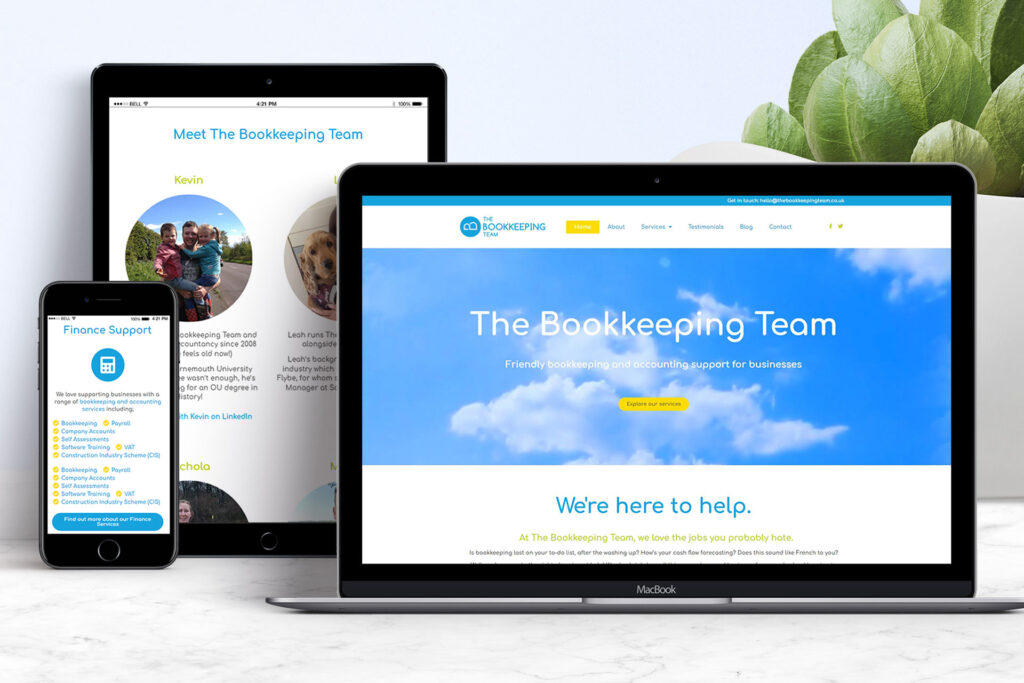
Marketing & advertising
As you will know, marketing and advertising your business will be a key part of your success and the good news is, you can claim tax relief on most of your expenses relating to this area.
The following are examples of things you might spend money on, which you can claim allowable expenses for:
- your domain name – e.g. TheBookkeepingTeam.co.uk
- your website costs – hosting, developers, security etc
- graphic design costs
- adverts in magazines, newspapers and online
- Facebook/Instagram advertising
- PPC advertising
- banners, postcards, flyers, business cards and all manner of printed promotional materials
- networking membership & events – but not the drinks you buy, check ‘What can’t you claim?’ for more info on that!
- professional journal subscriptions for your industry

Training
If you decide to do a refresher course to keep up with recent developments in your industry, it can be claimed as an allowable expense.
You cannot claim for training courses if they are not business related or if they enable you to expand upon your existing business by allowing you to offer a new service, which you didn’t previously offer.
Example 1: You’re a website designer and decide that you need to expand and refresh your knowledge on the user experience. You’re not going to offer anything new as a result of the training, it will just help you do a better job for your clients. You could claim this training as an allowable expense.
Example 2: You’re a graphic designer but decide you want to offer website design, you take a course to learn how to use WordPress, so you can offer that as a service to your clients. You would not be permitted to claim allowable expenses for the cost of this training, as it enables you to branch out into new areas of business.
We hope this overview has been helpful and will enable you to claim allowable expenses for most of your purchases within your business.
You can view the full details of what you can and can’t claim, on HMRC’s website and if in any doubt about whether something is tax-deductible or not, please seek our professional advice first.




